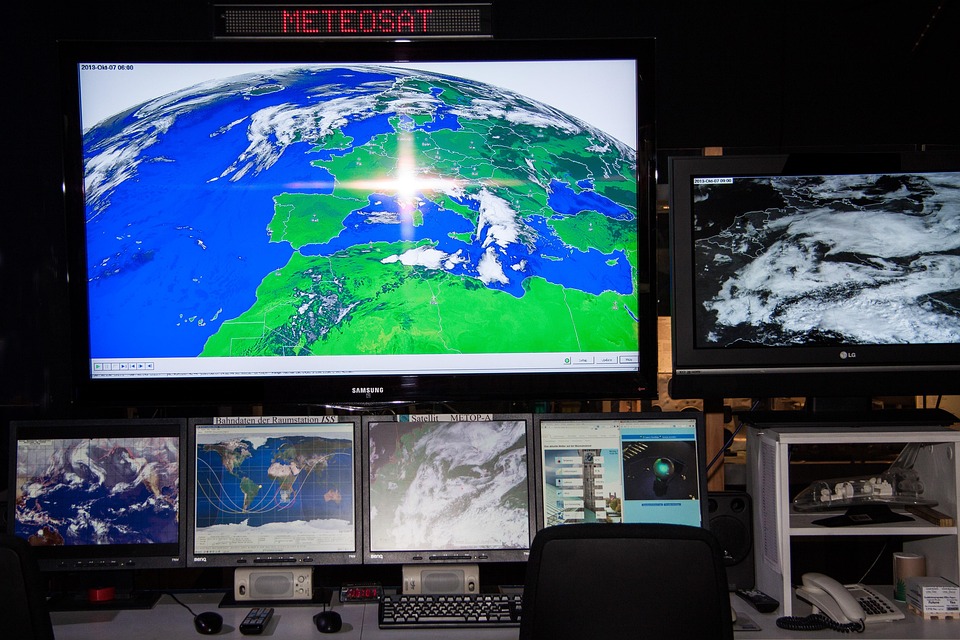Embarking on a journey to become a meteorologist in the UK is akin to diving into the depths of an ever-changing sea; it requires not only passion but also a sturdy vessel of knowledge and skill. This territory is vast, encompassing a blend of science, technology, and a sprinkle of artistry.
Understanding the Role
Meteorologists are not merely the bearers of daily weather reports; they are scientists who analyse atmospheric phenomena to forecast weather patterns and understand climate changes. Their expertise informs everything from agriculture to disaster management, making their role crucial in various sectors. Imagine interpreting complex data sets, utilising cutting-edge technology, and presenting findings that can impact millions. This is the daily life of a meteorologist.
Educational Foundations
-
Degrees and Qualifications
To set sail in this profession, a solid educational foundation is paramount. Pursuing a degree in meteorology, atmospheric science, or a related field is essential. Most universities in the UK offer relevant programmes, with institutions such as the University of Reading and the University of Leeds leading the way. A degree that incorporates mathematics, physics, and computer science will significantly bolster your understanding of meteorological concepts. -
Postgraduate Opportunities
For those keen on advancing their expertise, a master’s degree or even a PhD can open new horizons. Specialisations in areas such as climate change, remote sensing, or data science can make you particularly attractive to employers.
Gaining Experience
Experience is the compass that guides you through the turbulent waters of your career. Internships or placements are invaluable, offering hands-on experience and insights into the day-to-day workings of meteorological organisations. Consider applying to the Met Office, or related institutions, where you can immerse yourself in real-world applications of your studies.
Networking and Professional Development
Engaging with industry professionals can illuminate your path. Attend conferences, seminars, or webinars related to meteorology. Joining organisations like the Royal Meteorological Society can provide pivotal networking opportunities and access to a wealth of resources. Don’t underestimate the power of social media; platforms like LinkedIn can connect you with established meteorologists and potential mentors.
Job Prospects and Career Paths
The realm of meteorology is diverse. After building a solid foundation, you can explore various career paths:
-
Research Meteorologist
Focus on conducting studies that advance the scientific understanding of weather and climate. -
Operational Meteorologist
Work in forecasting, providing critical information to businesses and the public. -
Broadcast Meteorologist
Combine your scientific knowledge with communication skills to deliver weather reports on television or online platforms. -
Climate Scientist
Engage with long-term climate data to understand global warming and its implications.
The Importance of Continuous Learning
As the atmospheric landscape evolves, so too must your knowledge. Continuous professional development is key. Online courses, workshops, and certifications will keep you abreast of the latest technologies and methodologies in meteorology. Embrace the notion that learning never truly stops; it’s as dynamic as the weather itself.
The Final Frontier
In the quest to become a meteorologist, one must blend academic prowess with practical experience while continuously engaging with the scientific community. The path may be intricate, but the rewards are immense, both in terms of personal satisfaction and societal impact. With dedication and a spirit of inquiry, you can navigate this fascinating field with confidence and zeal.
For further guidance on crafting the perfect CV to reflect your journey, CVPortal continues to provide a wealth of high-quality resume references tailored to your career aspirations.


